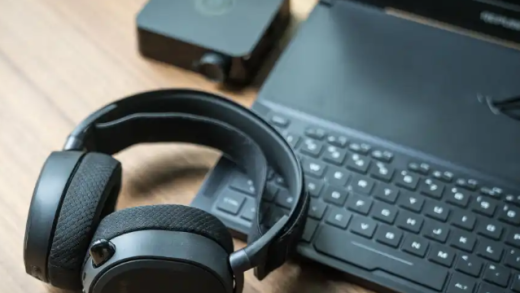Polarized sunglasses have gained immense popularity in recent years due to their ability to reduce glare and enhance visual clarity. However, it is important to note that not everyone can benefit from wearing polarized sunglasses. In this article, we will explore the various factors that determine who should avoid wearing polarized sunglasses and why. By understanding these factors, you can make an informed decision about whether polarized sunglasses are suitable for you.
1. Pilots and Airline Personnel:
Polarized sunglasses can interfere with the visibility of certain instruments and screens found in aircraft cockpits. Due to the polarization filter, these sunglasses may distort or block crucial information, potentially compromising the safety of the flight. Therefore, pilots and airline personnel are advised to avoid wearing polarized sunglasses while on duty.
2. Skiers and Snowboarders:
Although polarized sunglasses are excellent for reducing glare from the sun, they may not be ideal for winter sports enthusiasts. In snowy environments, polarized lenses can make it difficult to distinguish between icy patches and moguls, potentially leading to accidents. Non-polarized sunglasses or goggles with specific tinted lenses designed for snow sports are recommended instead.
3. LCD Screen Users:
If you frequently use devices with LCD screens, such as smartphones, tablets, or digital dashboards, polarized sunglasses may interfere with the visibility of these screens. The polarization filter can create a rainbow-like effect or even completely block the screen when viewed at certain angles. To ensure optimal screen visibility, it is advisable to opt for non-polarized sunglasses or adjust the angle of your head while wearing polarized sunglasses.
4. Photographers and Videographers:
Polarized sunglasses can affect the perception of colors and contrast, making it challenging for photographers and videographers to accurately assess and capture the desired shots. The polarization filter can alter the appearance of the scene, leading to inaccurate color representation. To maintain color accuracy and consistency, photographers and videographers should avoid wearing polarized sunglasses during their work.
5. Individuals with Certain Eye Conditions:
Some individuals with specific eye conditions may experience discomfort or visual disturbances when wearing polarized sunglasses. Conditions such as astigmatism, cataracts, or certain retinal disorders can be exacerbated by the polarization filter, leading to distorted vision or reduced visual acuity. It is recommended for individuals with such conditions to consult with an eye care professional before using polarized sunglasses.
Conclusion:
While polarized sunglasses offer numerous benefits for reducing glare and enhancing visual comfort, they may not be suitable for everyone. Pilots, skiers, LCD screen users, photographers, videographers, and individuals with certain eye conditions should exercise caution when considering the use of polarized sunglasses. By understanding the potential limitations and considering individual circumstances, one can make an informed decision about whether to wear polarized sunglasses or opt for alternative eyewear options. Remember, it is always best to prioritize safety, visual clarity, and personal comfort when choosing sunglasses.


